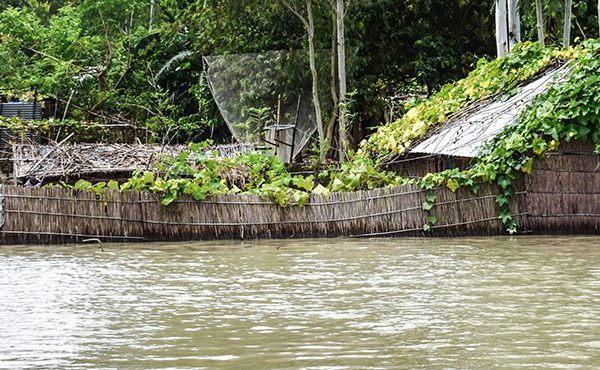Combating climate change: Momentum builds with new financial commitments
Reading Time: 2 minutes
We have now reached the point in history when it is crucial to reflect on where we are, and where we want to go, while defining the right path to get there. Most of our economy is based on fossil fuels, like coal, oil or natural gas. Explorations of newer sources are underway, but at the expense of the planet itself.
The risks that climate change poses are now perceived as a discipline that must be shared by all economic players, including financial actors. How can financial regulators and supervisors contribute to the transition of the economy towards a low carbon model? What is the role of climate-related risks and opportunities in the strategy of major players in finance?
The landmark Paris agreement at COP21 in 2015 started a new course in the global climate effort. Governments, cities, regions, companies and delegates from over 190 countries have all agreed to a detailed engagement plan at the close of the annual UN Climate Conference in November this year.
To further support and accelerate the collective ambition, the French president, Emmanuel Macron, the president of the World Bank, Jim Yong Kim, and the UN secretary-general, António Guterres, co-hosted the One Planet Summit on 12 December 2017. The summit made 12 commitments and one of the key commitments is international mobilisation of development banks.
BRAC and KfW Development Bank, a German institution, have signed an agreement on setting up a fund for climate change. This arrangement, known as the Climate Bridge Fund will bridge financial gaps for projects geared towards climate change adaptation and climate-induced migration. It will support initiatives and measures that are either underfunded or overlooked. The fund will ultimately enhance the sustainable livelihoods of target groups and build resilience against climate-related risks.

A flooded village in northern Bangladesh.
At the summit, 23 development banks from the International Development Finance Club as well as multilateral development banks, adopted a joint declaration- to increase funding dedicated to the implementation of the Paris Agreement, supporting projects with measurable environmental and social impact.
In the coming days, finance will play a pivotal role in ensuring that countries and economies meet their energy needs from renewable or clean sources. Initiatives such as the Climate Bridge Fund could be the game changers, especially in a country like Bangladesh, which is known to be the ground zero for climate change.
There is also a need to reform and redefine the local and global financial systems to support the flow of finance towards climate change, particularly towards the developing nations. The key outcomes of the discussion at the One Planet Summit as well as the earlier UN climate conferences, all emphasised the need for innovative projects and initiatives that will boost financial flows to support developing countries’ national climate action plans.
The BRAC and KfW partnership is an example of an innovative approach that can ultimately affect individual lives and preserve the future of our blue planet.
Asif Kashem is the programme head of BRAC Donor Liaison Office.





